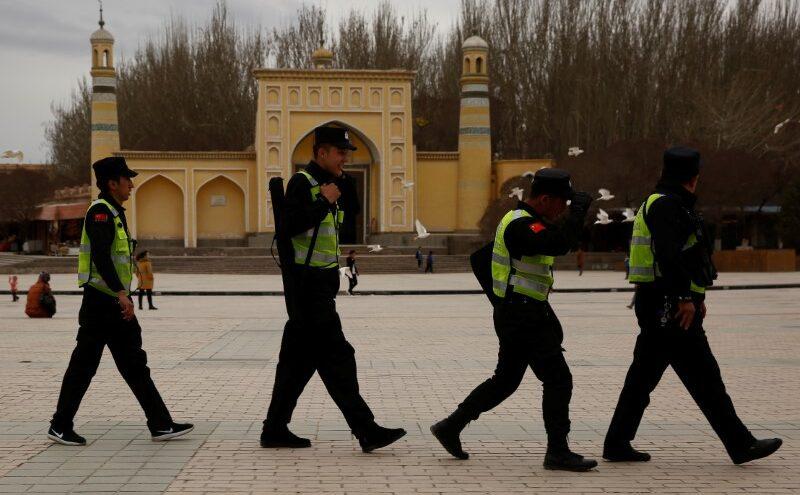The outbreak of COVID-19 in Xinjiang’s Kashgar has worsened. Official data from the Chinese communist government has seen an increase of nearly 200 Chinese Communist Party (CCP) virus cases in the past few days.
The local area has activated a first-level emergency response. People from other areas who have traveled to Kashgar recently have been traced by the authorities and put into quarantine, even having the doors of their hotel rooms sealed by authorities and fed unknown drugs.




